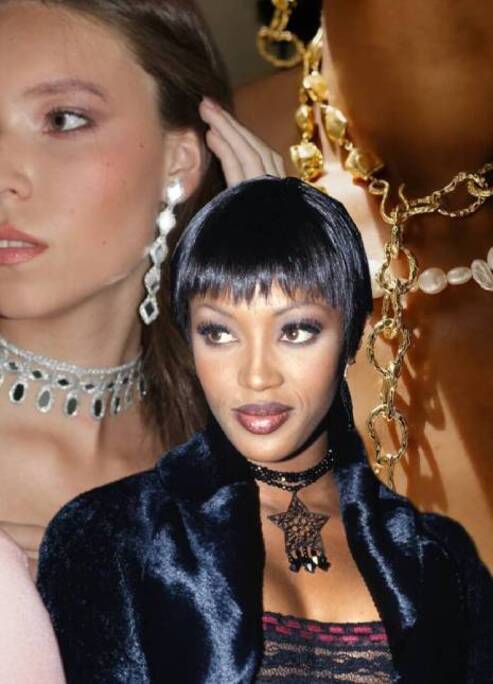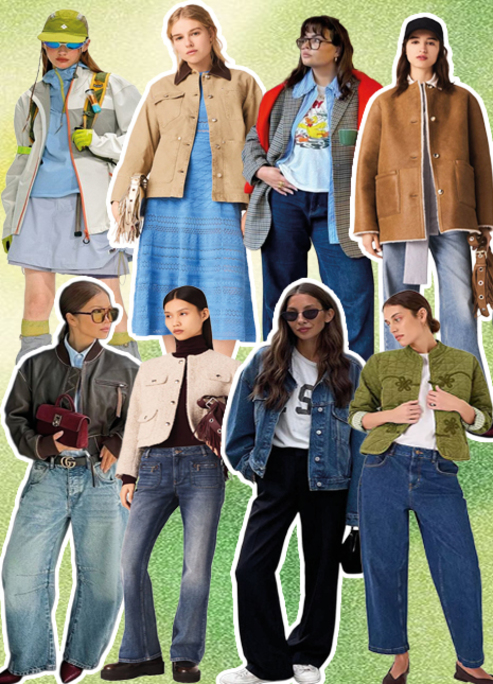
The Rise of Coach: A Gen Z Favorite
Thanks to Y2K, thrifting, and the power of social media.
Coach has emerged as a favorite among Gen Z, combining its rich heritage with contemporary trends to captivate a new generation of fashion lovers.
The Early Years
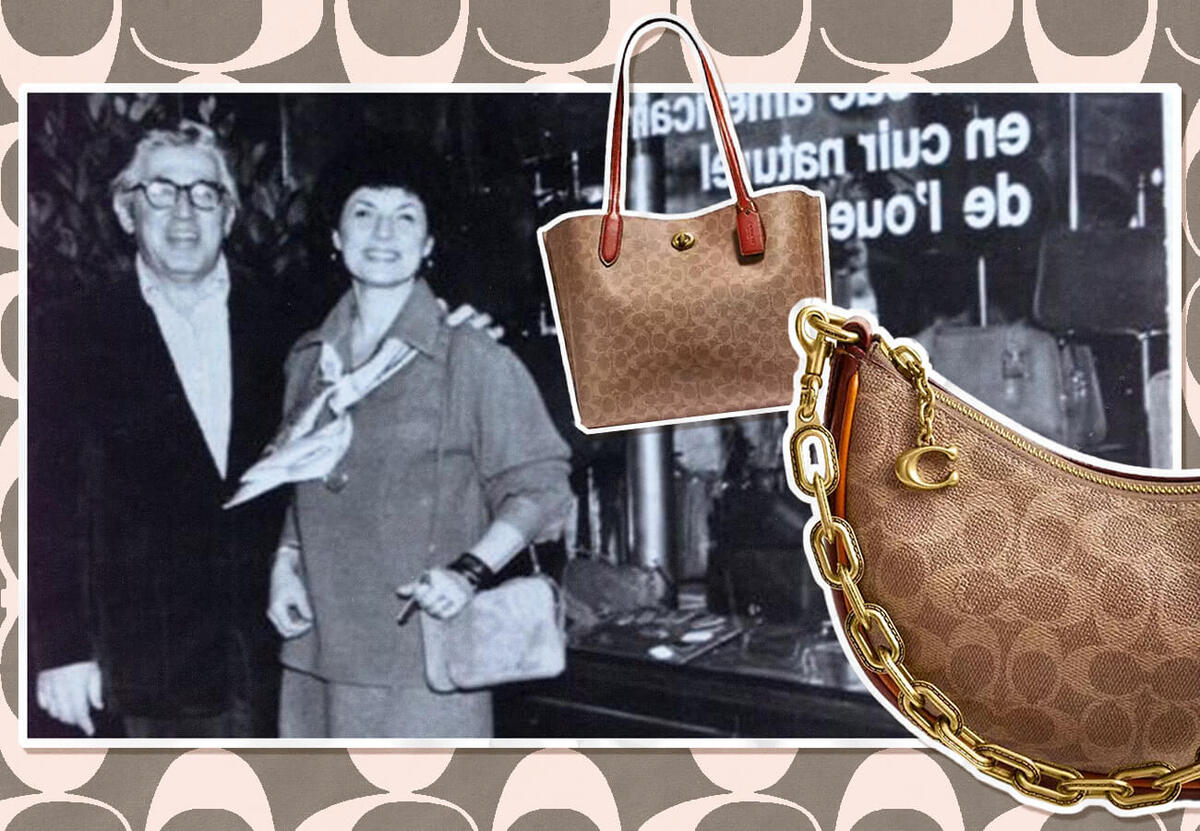
Coach was founded in 1941 by Lillian and Miles Cahn under the name Manhattan Leather Bags. Inspired by the design of a baseball glove, they aimed to create products with both durability and style. Their innovative approach led to the launch of the Coach Signature collection in 2001, featuring the iconic double 'C' design that defined early-2000s fashion.
The Peak and Downfall
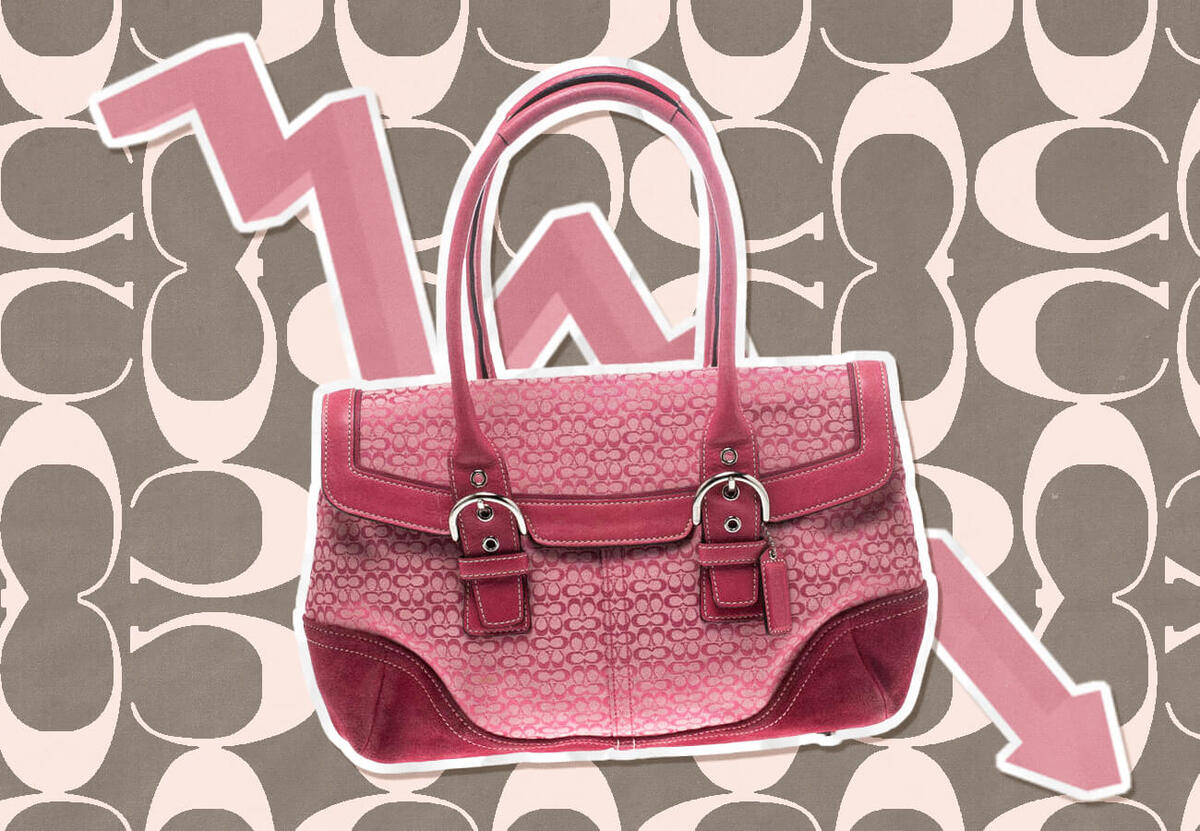
With its rise in popularity, Coach became synonymous with affordable luxury. However, its widespread appeal eventually contributed to its downfall. The brand’s once-coveted clean-cut, preppy aesthetic became overly ubiquitous, leading to a decline in its status as a trendsetter.
Reinvention and Revival
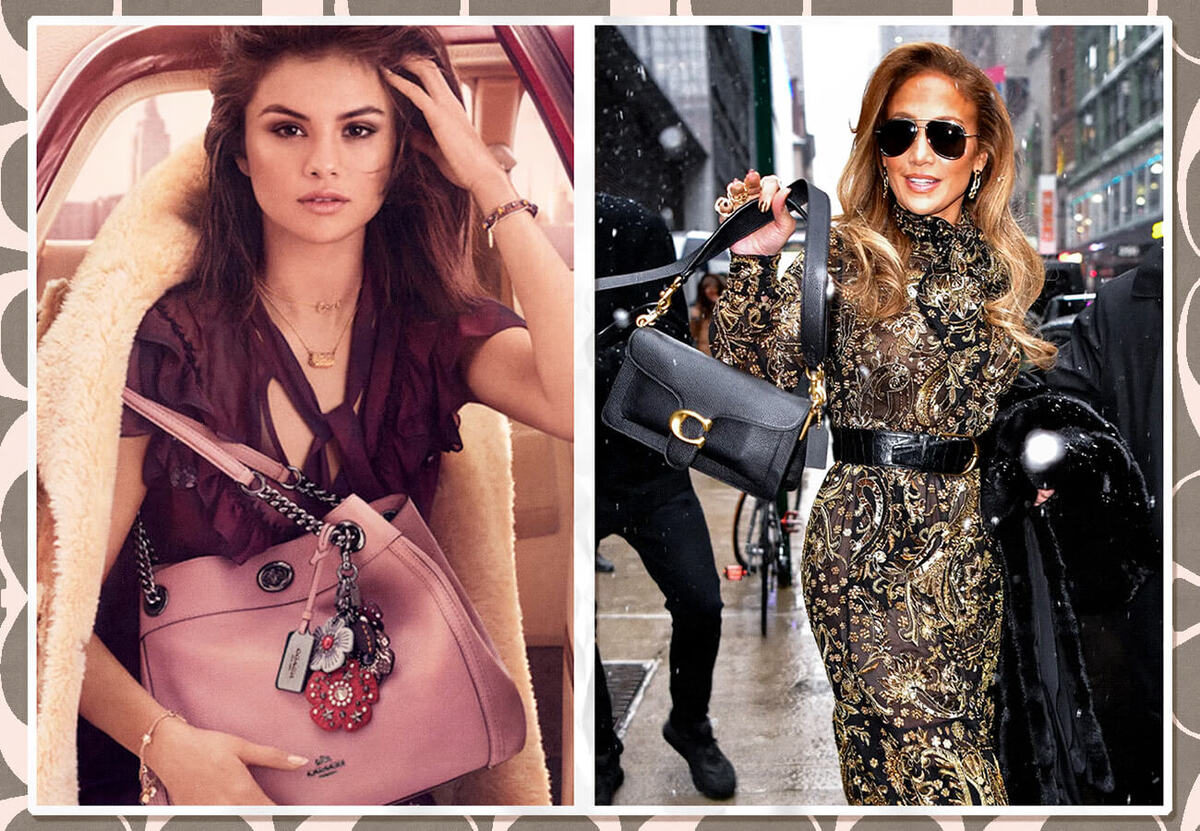
Struggling with irrelevance, Coach began experimenting with modernized designs and refined silhouettes in the early 2010s. This period marked a return to understated elegance, setting the stage for a resurgence.
In 2016, Selena Gomez joined as a brand ambassador, followed by Jennifer Lopez in 2019. These high-profile partnerships, combined with the resurgence of Y2K fashion trends driven by social media platforms such as TikTok and Instagram, fueled Coach's comeback.
Strategic Collaborations and Iconic Releases
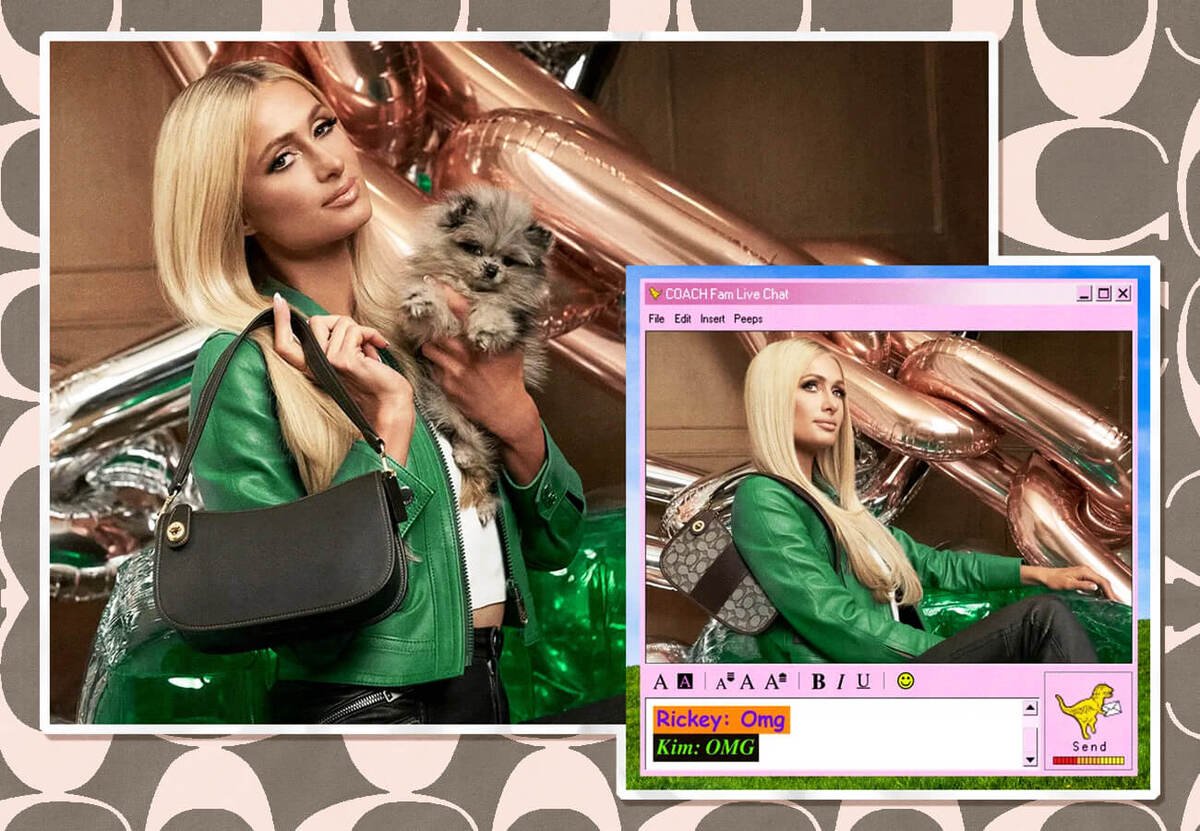
In 2020, Paris Hilton helped to re-launched the Swinger bag, featuring the classic monogram print juxtaposed with neutral color blocks. This campaign sparked renewed interest in Coach's signature ‘CC’ embroidery.
However, it was the Pillow Tabby shoulder bag that truly revitalized the brand. Balancing 2000s nostalgia with fresh, vibrant colors, it captured the attention of both longtime fans and new customers who liked what Coach was bringing to the market.
Targeting Gen Z
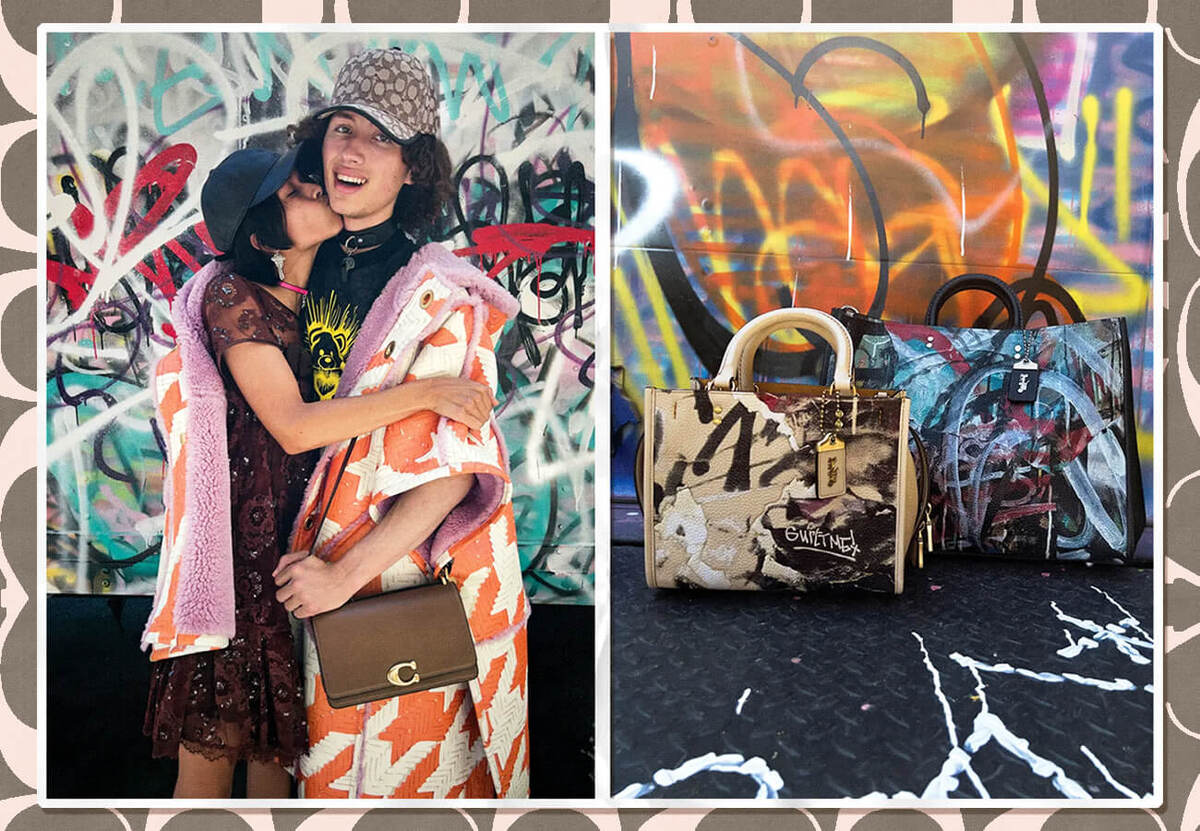
Joon Silverstein, focusing on "expressive luxury," aimed to resonate with Gen Z and Millennial shoppers. This strategy has paid off, as Coach’s emphasis on individuality and sustainability aligns with the values of younger consumers.
Y2K Nostalgia and Thrifting Culture
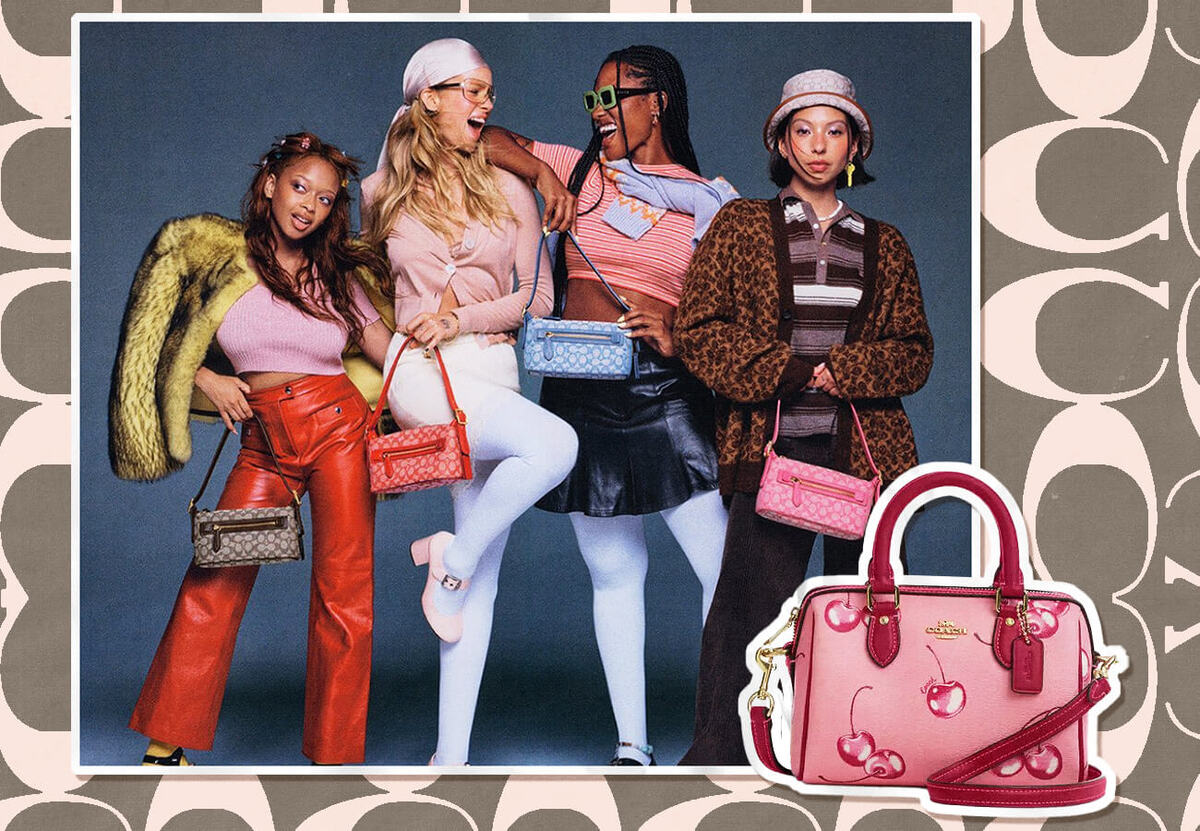
For Gen Z, Y2K fashion embodies low-rise jeans, butterfly clips, crop tops, and mini bags. These accessories, known for their practicality and distinctive 2000s designs, have become highly sought after. For Coach, their shoulder bags, bucket bags, and staple pieces, that many customize with cherries, strawberries, and other Gen Z approved print, have seen the brand resurge in the market.
Gen Z's commitment to sustainability has also fueled Coach's revival. Thrifting and vintage shopping, popularized on platforms including TikTok, highlight the demand for durable, timeless pieces. Coach bags, with their enduring appeal and quality, stand out in these thrift hauls as young women find piece after piece in local charity shops and thrift stores.
Conclusion
By tapping into nostalgia and offering affordable luxury, Coach has successfully reintroduced itself to a new generation. The brand's ability to adapt and innovate while honoring its heritage demonstrates that with the right strategy, even longstanding brands can thrive in the ever-evolving fashion landscape.
Coach’s resurgence is a testament to the power of blending past and present to create something truly beloved by modern audiences.



